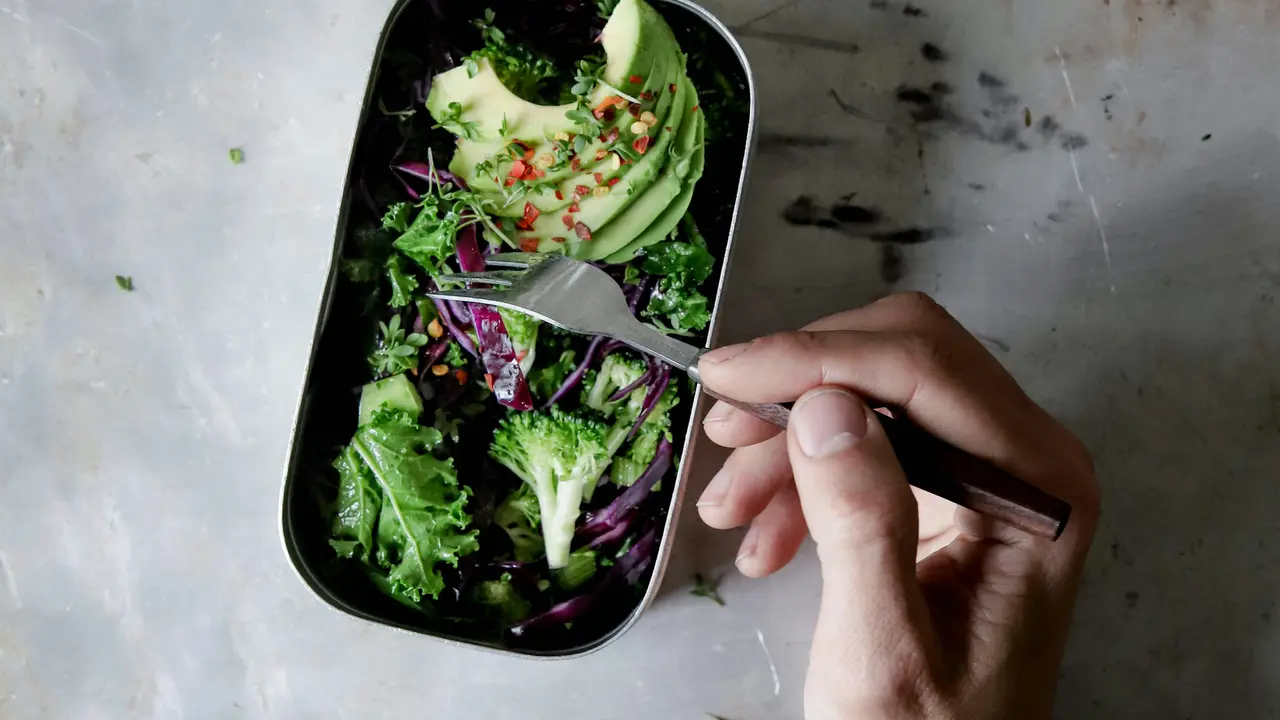Have you ever wondered, “why do I crave sugar after dinner?” This common experience can often leave us puzzled, questioning whether it’s our body’s natural response or simply a habit. In this article, we will explore the surprising reasons behind your after-dinner sugar cravings, offering insights into the psychological and physiological factors at play. Let’s dive in and uncover what may be driving your sweet tooth after a meal!
Understanding Sugar Cravings: Why Do I Crave Sugar After Dinner?
The Role of Blood Sugar Levels
One of the primary reasons you might find yourself longing for something sweet after dinner is related to your blood sugar levels. When you eat, your body converts carbohydrates into glucose, which provides energy. However, once the meal is over and the body begins to metabolize the food, blood sugar levels can drop, prompting sugar cravings.
Insulin Response and Its Effects
After consuming a meal, insulin is released to manage blood sugar levels. If you have a meal high in carbohydrates, your body may produce more insulin, leading to a rapid decline in glucose levels afterward. This drop can trigger your body’s craving for sugar, as it seeks a quick source of energy to stabilize blood sugar. Understanding this mechanism can help answer the question, “why do I crave sugar after dinner?”
Psychological Factors Behind Sugar Cravings
Habitual Behavior
For many, the craving for sugar after dinner is a learned behavior. If you frequently indulge in dessert following your evening meal, your brain begins to associate the end of dinner with something sweet. This behavioral conditioning can reinforce your desire for sugar, making it a habitual part of your routine.
Emotional Factors
Emotional responses also play a significant role in sugar cravings. After a long day, many people seek comfort in food, particularly sugary treats. This emotional eating can create a cycle where you turn to sugar to alleviate stress or boredom, leading you to crave it after dinner consistently.
Physiological Triggers for Sugar Cravings
Neurotransmitters and Mood
Certain neurotransmitters in your brain, such as serotonin and dopamine, can influence your desire for sugar. Consuming sugar can lead to a temporary boost in mood due to the release of these chemicals. As your brain seeks to replicate that joy, you may find yourself craving sugar after meals to experience the same uplifting effects.
Food Composition and Nutritional Needs
The types of food you consume during dinner can also affect your after-meal cravings. If your meal lacks sufficient protein or healthy fats, you may experience heightened cravings for quick energy sources like sugar. A well-balanced dinner can help stabilize your energy levels and reduce the likelihood of craving sweets after the meal.
Practical Tips to Manage Sugar Cravings After Dinner
Mindful Eating Strategies
Being more mindful during your meals can reduce the desire for sugar later on. Here are some strategies to consider:
- Chew food slowly.
- Engage all your senses while eating.
- Pay attention to portion sizes.
Healthy Alternatives and Satisfying Snacks
Instead of reaching for traditional sugary desserts, consider healthier alternatives that can satisfy your sweet tooth without the added sugars. Some options include:
- Fresh fruit or fruit salad.
- Yogurt with honey and nuts.
- Dark chocolate (in moderation).
Staying Hydrated
Sometimes, what feels like a sugar craving could be a sign of dehydration. Ensure you’re drinking enough water throughout the day, which can help manage cravings and keep your energy levels steady after dinner.
Is It Always Bad to Crave Sugar After Dinner?
Understanding Moderation
While frequent sugar cravings may indicate an underlying issue with your diet or habits, occasional cravings are normal. Allowing yourself a small treat now and then can be part of a balanced approach to eating, ensuring you don’t feel deprived and fostering a healthy relationship with food.
Consulting with Health Professionals
If you find that your sugar cravings are persistent and impacting your health or well-being, it might be worth consulting with a nutritionist or healthcare provider. They can help identify any underlying issues and provide personalized guidance on how to manage your cravings effectively.
Final Thoughts on Why Do I Crave Sugar After Dinner?
Understanding why you crave sugar after dinner can shed light on both your physical needs and emotional habits. The interplay between blood sugar levels, psychological factors, and nutritional composition can all contribute to this common sensation. Remember, moderation is key, and finding alternatives to satisfy your cravings can make a significant difference. If you found this article insightful, consider sharing it with friends or exploring more about healthy eating habits in our other resources!
Sugar – Recent Articles
- What Vitamin Deficiency Causes Sugar Cravings? Find Out!
- 10 Sugar Baby Bio Examples: What Makes You a Great Match?
- Ultimate Guide: How to Care for Sugar Gliders Like a Pro!
- How Many Grams of Sugar in a Teaspoon of Honey? Find Out!
- How Much Sugar in Chobani Greek Yogurt? Discover the Truth!
Sugar – Useful Links
- DC – Get the Facts: Added Sugars
- American Heart Association – Added Sugars
- Harvard T.H. Chan – Added Sugar in the Diet
- MedlinePlus – Sweeteners – sugars
- NIDDK – Healthy Living with Diabetes
